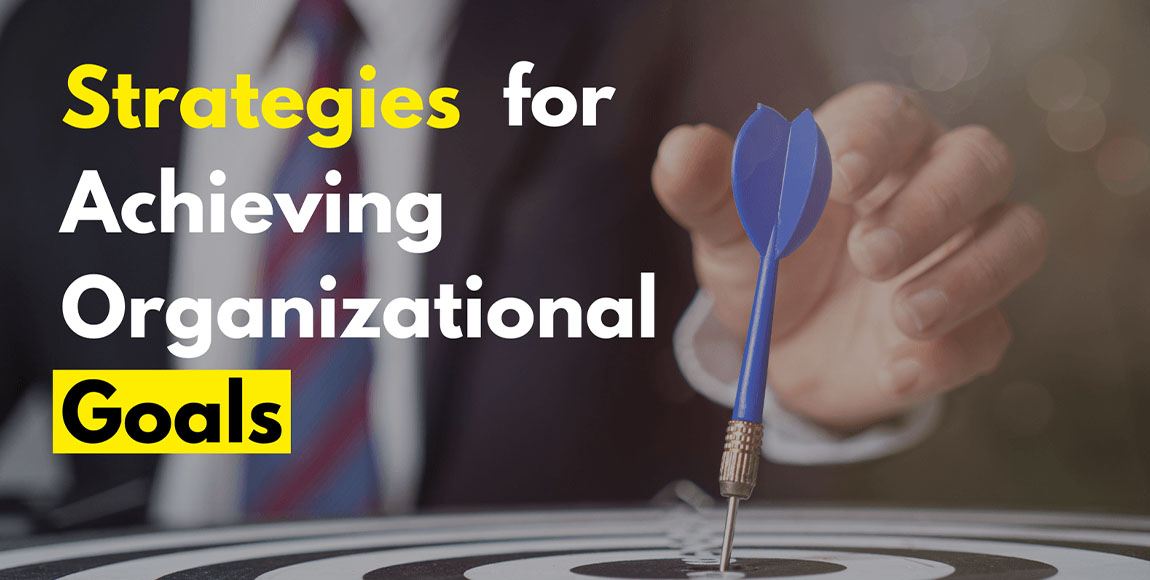
Navigating Success: Strategies for Achieving Organizational Goals
Setting ambitious goals is a crucial aspect of organizational growth, but achieving them requires strategic planning and effective execution. This article explores five key strategies that organizations can employ to successfully reach the goals they set.
1. Visionary Leadership
Visionary leadership is the cornerstone of goal achievement. Leaders must articulate a compelling vision that inspires and guides the entire organization. A clear vision creates alignment, fostering unity among team members and ensuring that everyone is working towards a shared objective.
2. SMART Goal Setting
The SMART criteria (Specific, Measurable, Achievable, Relevant, Time-bound) provide a roadmap for effective goal setting. Specific goals clarify the desired outcome, measurable goals provide tangible benchmarks, achievable goals maintain motivation, relevant goals align with the organization’s mission, and time-bound goals create a sense of urgency. Adhering to SMART principles ensures that goals are well-defined and actionable.
3. Employee Engagement
Involving employees in the goal-setting process cultivates a sense of ownership and commitment. Engaged employees are more likely to contribute innovative ideas and proactively work towards achieving shared objectives. Creating a collaborative goal-setting environment fosters a culture of accountability and empowers individuals to contribute meaningfully to the organization’s success.
4. Continuous Learning and Adaptability
The business landscape is dynamic, requiring organizations to prioritize continuous learning and adaptability. Future-focused goals should include a commitment to skill development, staying informed about industry trends, and fostering a culture of innovation. Organizations that embrace a mindset of continuous improvement position themselves for long-term success.
5. Regular Performance Evaluation and Adjustment
Establishing key performance indicators (KPIs) is crucial for evaluating goal progress. Regularly assessing performance against these indicators allows organizations to identify successes and areas for improvement. Flexibility is essential – organizations should be willing to adjust goals based on changing circumstances or priorities, ensuring adaptability in a dynamic environment.
Conclusion
Achieving organizational goals is a journey that requires strategic planning, engagement, and adaptability. Visionary leadership, SMART goal setting, employee engagement, a commitment to continuous learning, and regular performance evaluation are integral to navigating this journey successfully. By incorporating these strategies, organizations can not only set ambitious goals but also realize them, driving sustainable growth and success.